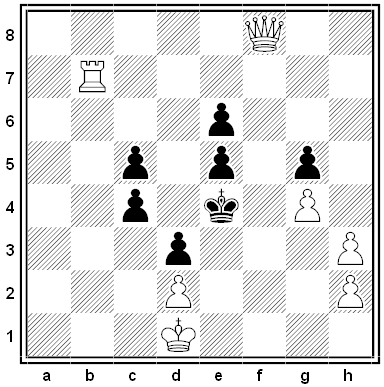Given the premises No fruit-picker is a sailor and All Ruritanians are fruit-pickers, it’s fairly easy to deduce that No Ruritanian is a sailor. But what logical conclusion can be drawn from these premises?
All members of the cabinet are thieves.
No composer is a member of the cabinet.
Many people decide that no conclusion can be drawn. “Almost without exception that is the answer you will get, after some serious reflection, from intelligent people,” notes Massimo Piattelli-Palmarini in Inevitable Illusions.
But there is one: Some thieves are not composers (or There are thieves who are not composers). It’s logically impossible for the premises to be true and for this conclusion not to be true, and yet most people find the conclusion difficult to see.
Why? Princeton psychologist Philip Johnson-Laird thinks it’s because of the number and complexity of “mental models” that we have to build to elaborate our reasoning about such syllogisms. Unlike the case of the Ruritanian sailors, “The case of the cabinet ministers and composers requires … three distinct, and mentally separate, arrays of obligatory couplings: cabinet ministers and thieves, composers and cabinet ministers, and thieves and composers,” Piattelli-Palmarini explains.
“The result for all of us is a prohibitive difficulty in ‘seeing’ that there are necessarily false couplings between thieves and composers.”
01/04/2018 A number of readers have pointed out the existential fallacy in Johnson-Laird’s syllogism. Piattelli-Palmarini notes, “[O]ne has to avoid the situation in which these sets are empty. Rephrasing the premises as ‘all the ministers’ and ‘all the composers’ may aptly reinforce in the subjects the assumption that there are ministers and that there are composers. As the distinguished logician George Boolos of MIT has put it, the sentence ‘All deserters will be shot’ can be true also if there are, in fact, no deserters. In these cognitive tests, one wants to avoid such limited cases. For a further and accurate account of this problem, the reader is referred to Philip Johnson-Laird’s Mental Models, Chapter 6, and to his exchange with George Boolos in the journal Cognition in 1984.” (That’s Cognition 17:2, 181-182; Johnson-Laird’s reply is in 17:2, 183-184.)




